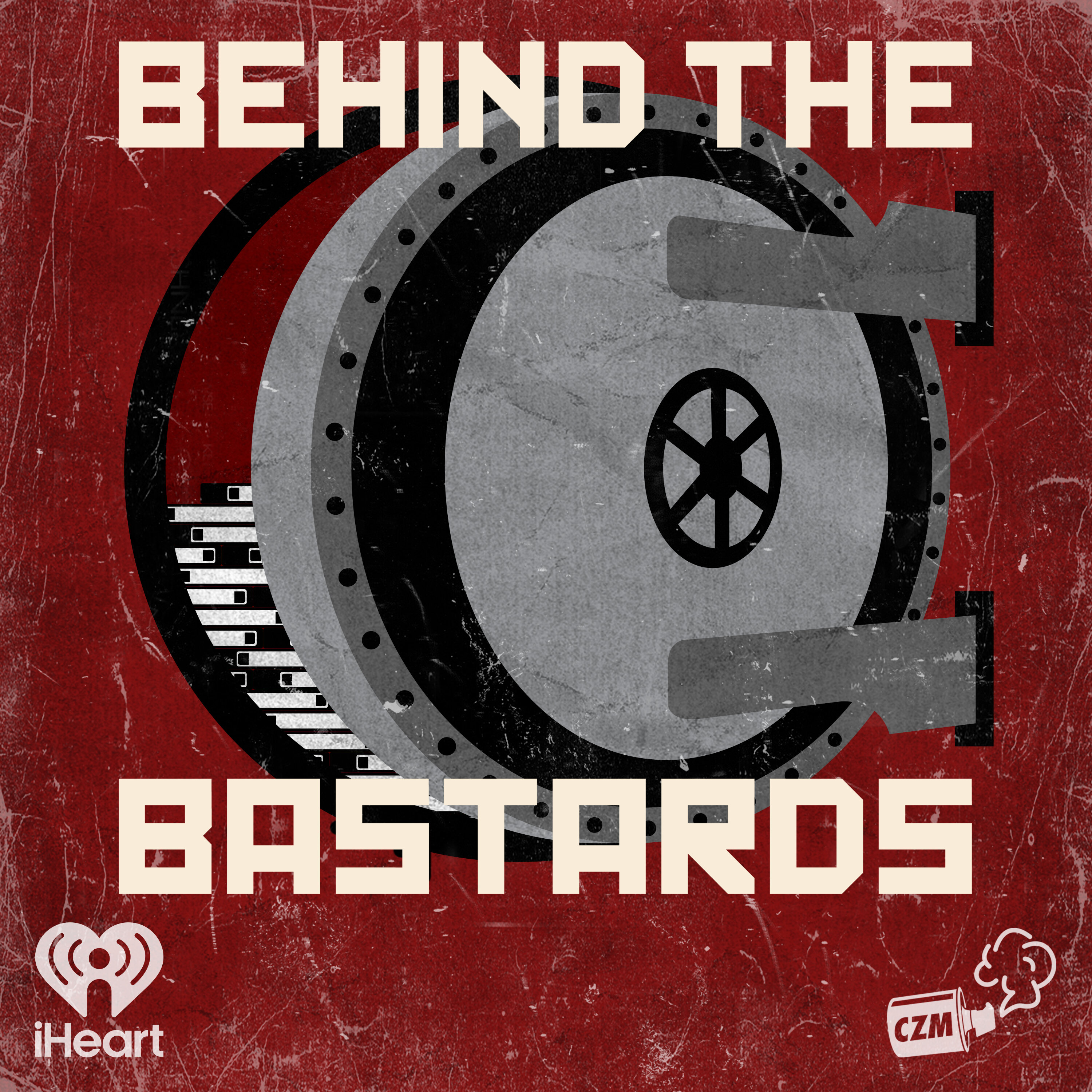Chapter

The Through Line of using Force to Oppress Black People throughout History
The use of force to suppress black people dates back to slavery, through to the KKK, lynching, and the third degree. The central theme behind these actions was the desire for white people, particularly the wealthy, to prevent black autonomy and equality.
Clips
The use of force to suppress black people during slavery through the KKK and lynching to the third degree, that through line is critical for white people, particularly white money people, to fight against the establishment of black autonomy and equality and turning that in a racist direction.
1:06:07 - 1:07:47 (01:40)
Summary
The use of force to suppress black people during slavery through the KKK and lynching to the third degree, that through line is critical for white people, particularly white money people, to fight against the establishment of black autonomy and equality and turning that in a racist direction. When black people fought back and gained the upper hand in this struggle, police were the most reliable tool whiteness had to fight back according to historian William Brundage.
ChapterThe Through Line of using Force to Oppress Black People throughout History
EpisodeBehind the Police: How The Police Defeated Lynching Via Torture
PodcastBehind the Bastards
The NAACP's decades-long fight against police brutality helped draw attention to the issue and prepare the white majority to care about cases like the murder of Emmett Till.
1:07:47 - 1:09:46 (01:59)
Summary
The NAACP's decades-long fight against police brutality helped draw attention to the issue and prepare the white majority to care about cases like the murder of Emmett Till.
ChapterThe Through Line of using Force to Oppress Black People throughout History
EpisodeBehind the Police: How The Police Defeated Lynching Via Torture
PodcastBehind the Bastards
Over 200 people have been exonerated by DNA testing, in 12% of wrongful convictions police induced, false confessions were involved, which should be called forced confessions.
1:09:46 - 1:10:44 (00:58)
Summary
Over 200 people have been exonerated by DNA testing, in 12% of wrongful convictions police induced, false confessions were involved, which should be called forced confessions. People don't falsely confess; they are forced to make a confession, and it is crucial to ensure that the police conduct the interviews according to the law.